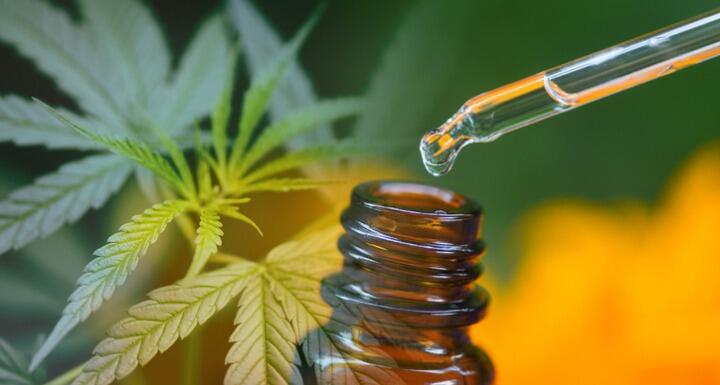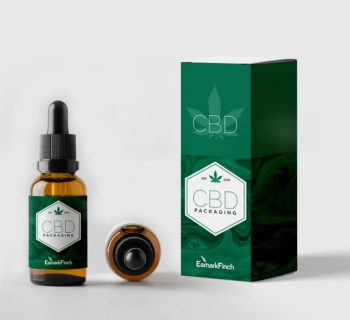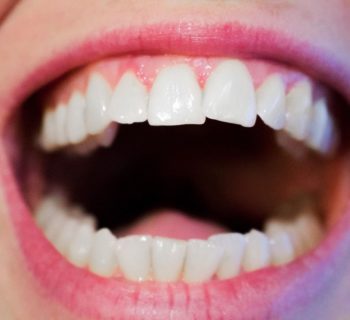Maintaining good oral hygiene is essential for overall health and well-being. While regular visits to the dentist are crucial, taking care of your teeth and gums at home is equally important. Although routine dental exams from a dental clinic in Easton are essential, daily oral hygiene from home also matters.
Here are six practical tips to help you maintain excellent oral hygiene from the comfort of your own home.
- Brush Twice a Day
The cornerstone of any good oral hygiene routine is brushing your teeth at least twice a day. You can use a soft-bristled toothbrush and fluoride toothpaste to gently brush all surfaces of your teeth. In addition, you should also pay attention to the gumline and ensure you brush for a full two minutes each time.
- Floss Daily
Brushing alone isn't enough to remove all food particles and plaque from between your teeth. In fact, flossing once a day helps clean those hard-to-reach areas, preventing cavities and gum disease. It is best to make flossing a part of your daily routine for optimal oral health.
- Rinse with Mouthwash
Incorporating mouthwash into your oral hygiene regimen can provide additional protection against bacteria that cause bad breath and cavities. Always try to choose an antibacterial mouthwash to help kill germs and freshen your breath.
- Stay Hydrated
Drinking plenty of water throughout the day is not only beneficial for your overall health but also for your oral health. Water helps wash away food particles and bacteria, reducing the risk of cavities and promoting saliva production, which aids in neutralizing acids in the mouth.
- Watch Your Diet
You should limit sugary and acidic foods and beverages, as they can contribute to tooth decay and enamel erosion. Always try to opt for a balanced diet rich in fruits, vegetables, lean proteins, and dairy products to support healthy teeth and gums. Moreover, instead of unhealthy packed or tinned snacks, it is best to snack on crunchy fruits and vegetables like apples and carrots, which can naturally clean teeth.
- Replace Your Toothbrush Regularly
Toothbrushes wear out over time, and using a worn-out brush can be ineffective in removing plaque and bacteria. Always replace your toothbrush every three to four months, or sooner if the bristles are frayed. A fresh toothbrush ensures proper cleaning and reduces the risk of oral health issues.





















